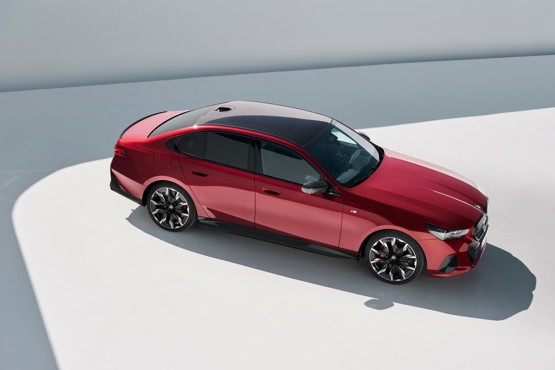Two automakers violated Google Ads automation because their ads could mislead people looking to buy zero-emission vehicles.
Google Ads is an online advertising platform where advertisers pay to display short ads that appear on Google's search engine results pages.
The Google Ads platform works on a pay-per-click model where advertisers bid on keywords and phrases that are relevant to their target audience. When a user searches using a keyword, Google displays relevant ads next to the search results.
On August 16, 2023, a paid ad for BMW appeared on Google. 'Zero Emission Cars – Download the brochure now. Visit BMW's official online website. Find your perfect BMW electric car. Book your test drive. Explore the BMW range and Please “Electric car…”
Advertising watchdog ASA questioned whether the “zero-emission vehicle” claim accurately represented the vehicle's environmental impact.
In response, BMW UK said it targeted consumers interested in electric cars by bidding on terms such as “zero-emission car” in Google ads, which were automatically inserted. He explained that he did not initially know about it until he received the complaint.
It said the claim appeared in just 0.02% of impressions served by BMW's paid search activity, but acknowledged that the zero-emissions claim only applied while driving.
It said it has since stopped bidding on those keywords and instituted manual monitoring for future campaigns.
Another incident in which a car manufacturer breached Google Ads was when MG posted a “Find a Dealer and Book a Test Drive. Save £1,000 on your next MG HS Plug-in Hybrid, MG ZS or MG5 EV Trophy Long Range, Modern Design; Renewed with expanded cruising range and further technology. Zero emissions.”
The ASA said the “zero emissions” claim did not accurately represent the environmental impact of all variants advertised.
“As regards the advertising of plug-in hybrids, it must be made clear that they apply only to driving and when using a battery as power. They are made in relation to vehicles with petrol or diesel engines. You shouldn’t.”
He also pointed out that fully electric vehicles do not emit any emissions while driving, but they do produce emissions during manufacturing and charging.


